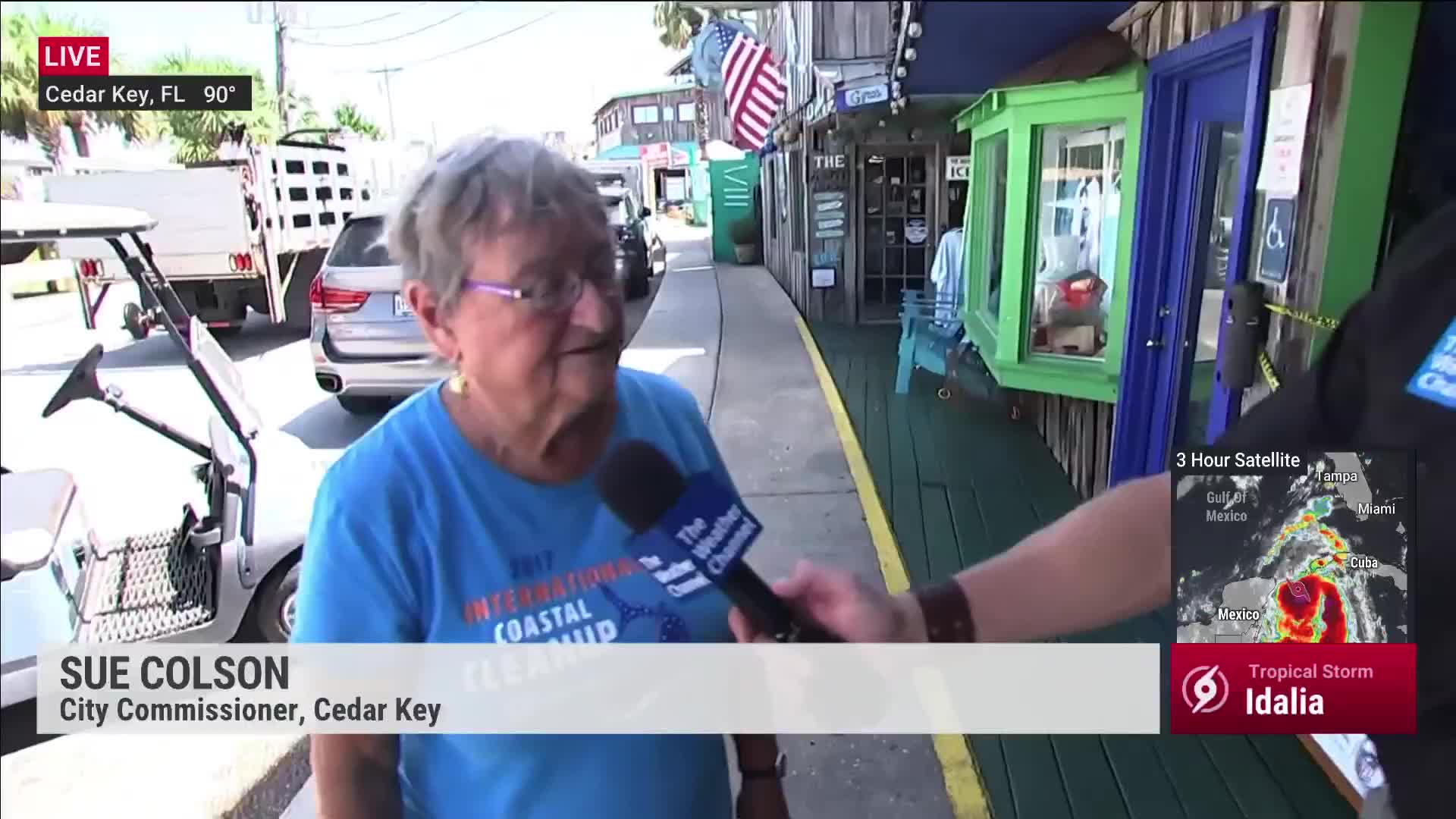Tulsa's Winter: Key Weather Statistics And Trends

Table of Contents
Average Temperatures and Temperature Extremes in Tulsa's Winter
Tulsa winters, while generally milder than those in more northern states, still experience significant temperature fluctuations. Understanding the average temperatures and historical extremes is crucial for planning and preparation.
- Average December high: 48°F, low: 30°F
- Average January high: 45°F, low: 28°F
- Average February high: 52°F, low: 34°F
These averages represent typical conditions, but Tulsa's winter weather can be unpredictable. Historically, Tulsa has recorded a record high temperature of 75°F and a record low of -16°F. While these extremes are rare, they highlight the potential for significant temperature swings throughout the season. Freezing temperatures typically persist for several weeks, sometimes extending into late autumn or early spring. Knowing the typical duration of freezing temperatures can help you plan outdoor activities and protect vulnerable plants.
Snowfall in Tulsa: Amounts, Frequency, and Impacts
Snowfall in Tulsa is a less frequent occurrence compared to areas further north, but when it does snow, it can significantly impact daily life. While heavy snowfalls are infrequent, even a modest accumulation can disrupt transportation and daily routines.
- Average annual snowfall: 10 inches
- Average number of days with snowfall: 5-7 days
The impact of snow on driving conditions can be significant. Roads can become icy and hazardous, requiring slower speeds and increased caution. Snow and ice can also lead to school closures and disruptions in business operations. Accumulated snow can disrupt power lines, resulting in power outages. It's important to be prepared for these potential disruptions.
Understanding Winter Weather Patterns and Trends in Tulsa
Analyzing long-term trends helps us understand and better anticipate Tulsa's winter weather. While specific yearly variations occur, certain patterns have emerged over recent decades.
- Trends in average winter temperatures over the past 30 years: A slight warming trend has been observed in Tulsa's average winter temperatures over the past three decades.
- Changes in snowfall patterns observed in recent decades: No significant long-term trend in snowfall amounts has been definitively established, though individual winter seasons can vary greatly.
- Key weather forecasting websites and apps for Tulsa: The National Weather Service, AccuWeather, and The Weather Channel provide reliable forecasts.
- Local news channels and their weather reporting: Local news channels in Tulsa offer regularly updated weather reports, including winter storm warnings and advisories.
Understanding the influence of weather systems like Arctic outbreaks and the North American polar vortex is key to anticipating severe winter weather events.
Preparing for Tulsa's Winter: Essential Tips and Advice
Preparation is key to enjoying a safe and comfortable Tulsa winter. Whether you are a long-time resident or a visitor, taking proactive steps will minimize disruptions and ensure your safety.
- Tips for winterizing your home (insulation, heating system checks): Ensure your home is properly insulated and your heating system is functioning efficiently before the cold weather arrives. Regular maintenance is vital.
- Essential items for your winter emergency kit: Stock up on essentials such as blankets, flashlights, batteries, non-perishable food, water, and medications.
- Winter driving safety tips for Tulsa roads: Ensure your vehicle is winterized, including checking tire pressure, antifreeze levels, and wiper fluid. Drive slowly and cautiously on snow or ice.
- Advice on staying safe during ice storms and blizzards: Stay informed about weather warnings and advisories. Avoid unnecessary travel during severe weather events. Have a backup plan in case of power outages.
Conclusion
This guide provided a comprehensive overview of Tulsa's winter weather, including key statistics on temperature, snowfall, and weather patterns. Understanding these trends allows for better preparation and safety during the colder months. Stay informed about Tulsa's winter weather by regularly checking local forecasts and preparing your home and vehicle accordingly. Learn more about Tulsa's seasonal weather changes and plan ahead for a safe and comfortable Tulsa winter.

Featured Posts
-
 The Complete Guide To Xrp Risks And Rewards
May 02, 2025
The Complete Guide To Xrp Risks And Rewards
May 02, 2025 -
 Endonezya Tuerkiye Anlasmalari Gelecege Yoenelik Stratejik Ortaklik
May 02, 2025
Endonezya Tuerkiye Anlasmalari Gelecege Yoenelik Stratejik Ortaklik
May 02, 2025 -
 Kshmyr Myn Eyd Ka Dn Bharty Fwj Ke Mzalm Awr Ayk Nwjwan Ky Shhadt
May 02, 2025
Kshmyr Myn Eyd Ka Dn Bharty Fwj Ke Mzalm Awr Ayk Nwjwan Ky Shhadt
May 02, 2025 -
 2 6 1
May 02, 2025
2 6 1
May 02, 2025 -
 Fortnite Downtime Chapter 6 Season 2 Launch Delayed Indefinitely
May 02, 2025
Fortnite Downtime Chapter 6 Season 2 Launch Delayed Indefinitely
May 02, 2025
Latest Posts
-
 Amant Alastthmar Baljbht Alwtnyt Tfasyl Wrqt Alsyasat Alaqtsadyt
May 03, 2025
Amant Alastthmar Baljbht Alwtnyt Tfasyl Wrqt Alsyasat Alaqtsadyt
May 03, 2025 -
 The Potential For A Boris Johnson Political Resurgence
May 03, 2025
The Potential For A Boris Johnson Political Resurgence
May 03, 2025 -
 Khtt Aqtsadyt Jdydt Mn Amant Alastthmar Baljbht Alwtnyt
May 03, 2025
Khtt Aqtsadyt Jdydt Mn Amant Alastthmar Baljbht Alwtnyt
May 03, 2025 -
 Is A Boris Johnson Return The Tories Only Hope
May 03, 2025
Is A Boris Johnson Return The Tories Only Hope
May 03, 2025 -
 Aljbht Alwtnyt Amant Alastthmar Tueln En Wrqt Syasat Aqtsadyt
May 03, 2025
Aljbht Alwtnyt Amant Alastthmar Tueln En Wrqt Syasat Aqtsadyt
May 03, 2025
